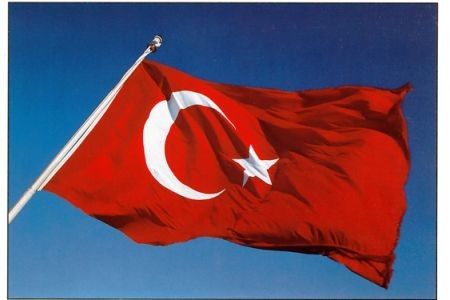President Komorowski at WSF2014: “End of the Post-Cold War Era”
President Bronisław Komorowski has made the opening speech during the gala dinner of the Warsaw Security Forum 2014 – the first from the series of planned annual European security conferences.
In his speech, the president referred to the arising Polish and European security environment. “The change of the threats on Europe’s east flank may extend in time and Europe has to become accustomed to it, but we should also try to resolve this conflict”, he remarked and added that the possible reason of Russia’s neoimperialist policy may be the failed modernization of the country and declining to cooperate with the West.
Everything depended – and still depends – on modern Russia, a country that would be able to cooperate with other states with respect to the internatonal law. “The Russian authorities, however, think in categories of the spheres of influence and domination over countries they regard as their satellite states – we, Poles, have experienced it ourselves”, said the president. Russia’s tendencies are the realization of every state’s need to be important, but they are realized in such outdated fashion that they don’t fit in with the modern, civilized world.
“It’s not only about Ukraine”, underlined the president, who just got back from Moldova – another state that may face a threat from Russia. “I was there with the president Poroshenko, so that we could demonstrate our solidarity with yet another country in a state of constant insecurity.” However, in the opinion of the President we have to sustain our dialogue with Russia without much hope for the conflict to be resolved soon.
After joining the NATO and the EU, Poland is a safe and free country. According to Komorowski, while Russia in the last 8 years consequently increased its defence spending, many Alliance states reduced them. Although the decisions made at the Newport summit are a step in the right direction, some measures should have been introduced much earlier.
A good solution could be resuming the Common Security and Defence Policy, but in the full sense of the word, drawing on the experience of all European countries. The President expressed the hope that the 2016 NATO Summit in Warsaw will be a major step towards ensuring better security to the Alliance states. He also highlighted the need to prevent a "security vaccum in our immediate environment", which referred to the need of providing assistance for states that are not members of the EU and NATO, but are willing to partner-up and integrate with the international structures, including Georgia, Moldova and Ukraine.


WIDEO: Defence24 Days 2025: Premier Defence & Security Conference in CEE